I am alone. There is no God where I am
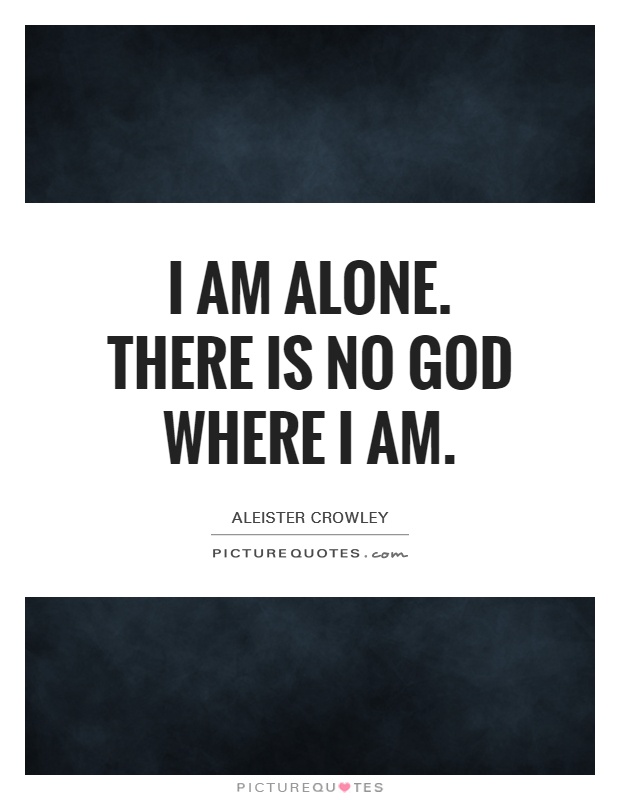
I am alone. There is no God where I am
Aleister Crowley, often referred to as "The Great Beast 666," was a controversial figure in the world of occultism and mysticism. Known for his provocative and rebellious nature, Crowley was a self-proclaimed magician, poet, and philosopher who founded the religion of Thelema. Central to Thelema is the belief in the individual's pursuit of their true will, or purpose, in life.One of Crowley's most famous quotes is "I am alone. There is no God where I am." This statement encapsulates Crowley's rejection of traditional religious beliefs and his assertion of his own autonomy and power. For Crowley, the idea of a personal God or higher power was seen as limiting and inhibiting to the individual's spiritual growth and self-realization. Instead, he believed in the divinity of the self and the importance of personal responsibility and self-determination.
In the context of Crowley's teachings, the statement "I am alone. There is no God where I am" can be interpreted as a declaration of independence and self-reliance. It speaks to the idea that each individual is ultimately responsible for their own spiritual journey and must rely on their own inner resources and intuition to navigate the complexities of existence. In this sense, Crowley's philosophy can be seen as a form of radical individualism that challenges conventional notions of morality and spirituality.
At the same time, Crowley's rejection of traditional religious beliefs does not mean that he denied the existence of higher powers or spiritual forces. In fact, Crowley's work is filled with references to various deities, spirits, and cosmic energies that he believed could be harnessed and utilized by the adept practitioner. However, Crowley's approach to these forces was one of mastery and control, rather than submission and worship.
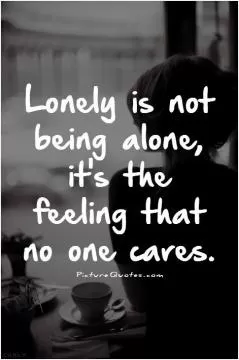
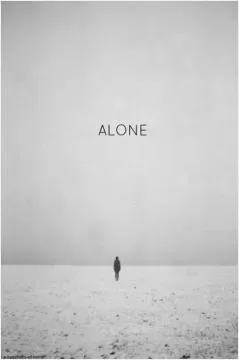
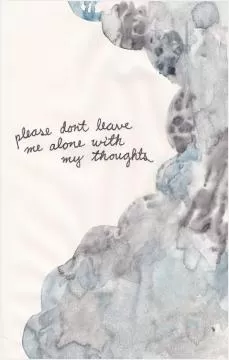
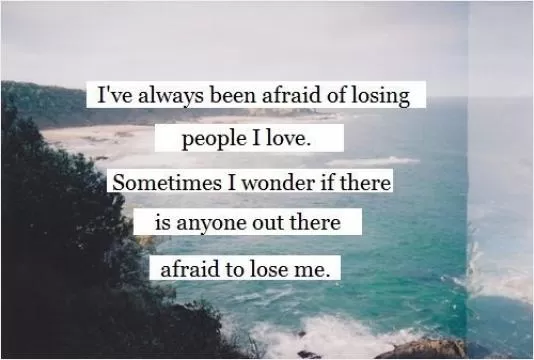


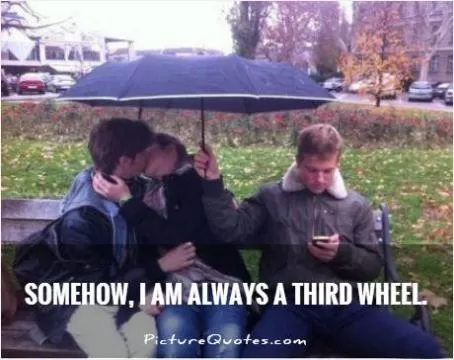

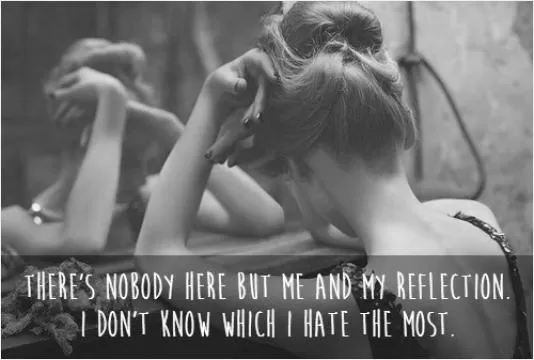

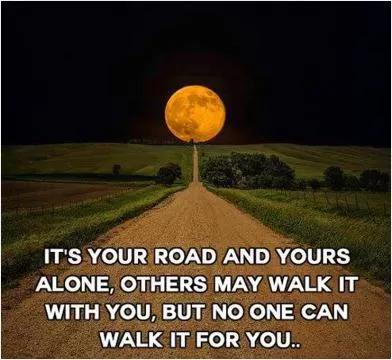

 Friendship Quotes
Friendship Quotes Love Quotes
Love Quotes Life Quotes
Life Quotes Funny Quotes
Funny Quotes Motivational Quotes
Motivational Quotes Inspirational Quotes
Inspirational Quotes